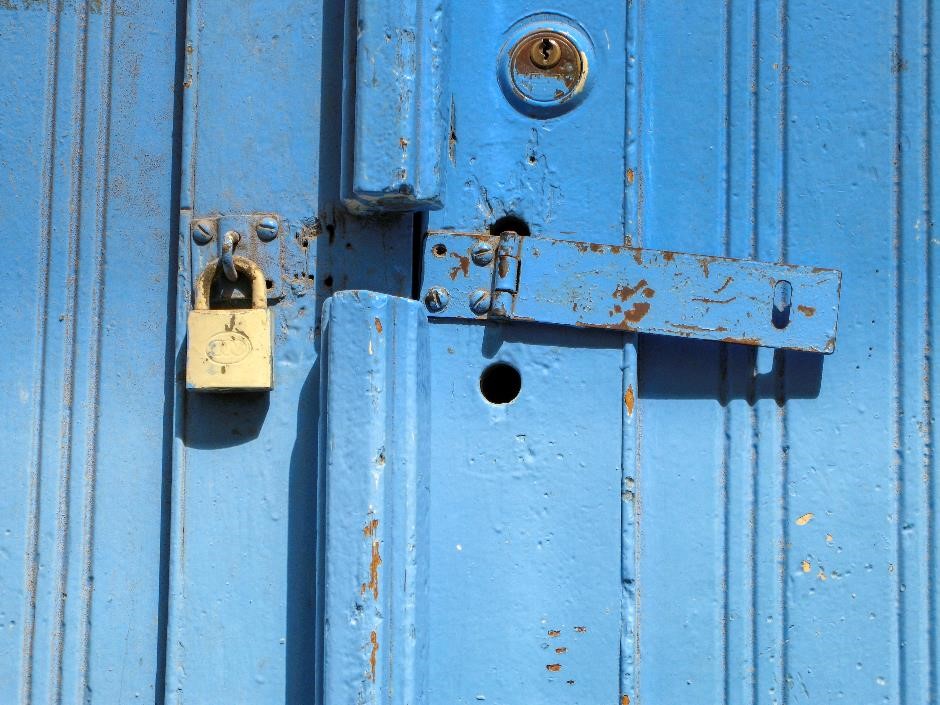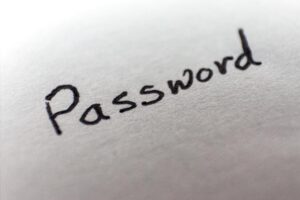With the increasing demand for Software as a Service (SaaS), security has become a major concern for businesses that depend on cloud-based solutions. Whether you’re an entrepreneur, founder, or small business owner, you need to be aware of the risks associated with SaaS and have a plan in place to protect your data.
Also read our article on general cybersecurity for your business.

What is SaaS Security?
At its core, SaaS security is all about mitigating risk. It involves ensuring the confidentiality, integrity, and availability of your data in the cloud. It also includes protecting against malicious threats like malware and viruses as well as unauthorized access to sensitive information. As businesses rely more heavily on cloud-based solutions, it becomes increasingly important to understand how to keep your data secure.
Types of Threats
There are numerous types of threats that can compromise your SaaS security. These include malicious attacks like phishing scams, distributed denial-of-service (DDoS) attacks, ransomware attacks, and even insider threats from employees or contractors who gain unauthorized access to sensitive information. Additionally, there are other risks such as data breaches caused by inadequate encryption or outdated infrastructure that can lead to loss of confidential information.
Here is a more detailed list about the types of threats:
• Malware is software designed to infiltrate and damage computer systems. Malware can take many forms, including viruses, worms, and Trojan horses. It can spread via email, websites, or through infected files. According to a recent report by Verizon, malware is the most common form of cyberattack, accounting for 28% of all incidents.
• Phishing: Phishing is a type of social engineering attack where fraudsters use deceptive emails, text messages, or phone calls to trick people into sharing sensitive information. Phishing attacks have become more sophisticated in recent years, making it easier for cybercriminals to fool employees into giving away company passwords or financial data.
• Ransomware: Ransomware is a type of malware that can encrypt a business’s files and demand a ransom payment in exchange for unlocking them. According to a 2021 report by Sophos, the average ransom demand for businesses hit $170,000 in 2020, up from $84,116 in 2019.
• Distributed Denial of Service (DDoS) attacks: DDoS attacks involve overwhelming a business’s servers with a flood of requests, causing them to crash or become inaccessible. These types of attacks can be launched by botnets, which are networks of infected computers controlled by hackers. DDoS attacks can be extremely damaging, with the Ponemon Institute estimating that the average cost of a DDoS attack for a small business is $138,000.
You might also like: Grow Your Marketing Team – 3 Startup Growth Strategies
Importance of SaaS Security for Startups
Many startup founders can cut corners when it comes to investing in security, often due to financial strain. This can make many startups especially vulnerable, especially within SaaS (Software as a Service) businesses. Comprehensive cybersecurity can also help with your company’s investment readiness. With that said, Saas Security offers five important benefits to startups.
- Saas Security brings increased visibility across IT systems, providing better tracking and control.
- Saas Security improves system performance by ensuring applications are up-to-date with the latest security patches and anti-virus software.
- Saas Security brings greater cost efficiency by removing the need to purchase, upgrade or maintain hardware on premise.
- Saas Security helps protect valuable data from malicious actors through various security measures such as encryption, tokenization and multi-factor authentication.
- Saas Security can scale easily as a company grows because of its cloud-based delivery model which eliminates lengthy implementation cycles associated with traditional on-premise software rollouts. Investing in Saas Security is a smart move for startups seeking to remain competitive in today’s digital world.
Implementing Security Measures

To ensure that your data is protected from these potential threats, it’s important to implement strong security measures. This includes using two-factor authentication for user accounts and implementing multi-layered defences such as firewalls and antivirus software. Additionally, you should consider setting up monitoring tools that alert you if suspicious activity is detected on your system and regularly backing up your data in case it becomes corrupted or lost due to a cyber attack.
How Much Does SaaS Security Cost?
Saas security solutions are a great avenue for businesses to ensure online security and compliance. These services typically come with subscription costs that can range from a few hundred to thousands of dollars per month, depending on the number of users and the complexity of the Saas security service needed. It’s important to note that Saas security services provide more than just cost savings as they can also enable organizations to better manage risk and stay ahead of any potential cyber threats. Businesses must carefully evaluate their needs when considering Saas security so they can find the right solution at an affordable price point.
SaaS Security Companies
Saas security companies offer customers a secure and reliable way to access software applications. They provide customers with the latest tools, protections and updates for their Saas programs. Saas security companies are designed to help protect customer programs from possible insider threats or attacks. Examples of Saas security companies include
- Microsoft Azure Security
- Google Cloud Platforms Security
- Amazon Web Services (AWS) Security
- Qualys Saas Solutions.
These Saas security solutions allow organizations to control user access and prevent any possible malicious activity while ensuring the data and privacy of their customers. With rapid advancements in technology, Saas security solutions have become an essential component of most business operations, providing increased safety and peace of mind.
The Importance of SaaS Security Testing
Saas Security testing is essential in ensuring that organizations running on Saas applications are properly protected from risks. Saas security testing allows organizations to identify and address the underlying vulnerabilities within Saas applications, platforms, and technologies. Through Saas security testing, companies can ensure compliance with industry standards and regulations, as well as safeguard their confidential data from potential threats or misuse. Saas security solutions provide organizations with a comprehensive assessment of their Saas applications and services, allowing them to effectively prevent cyberattacks or breaches in real-time. Therefore, it is important for organizations to put Saas security testing at the top of their list of cybersecurity priorities.
Ensuring Secure Data Transmission
A key aspect of SaaS Security is ensuring data transmission to and from SaaS servers is secure. SaaS providers should be using encryption technology to ensure that data transmission is secure. Encryption is the process of converting data into a coded format using algorithms that are mathematically complex, making it harder to read by unauthorized parties. When using SaaS applications, ensure the application uses HTTPS secure protocol to transmit data between the application’s servers and the customer’s device. HTTPS protocol uses SSL/TLS encryption to ensure data sent over the internet is secure.
Conclusion
In today’s digital world where cloud computing is becoming increasingly prevalent, understanding SaaS security is essential for any business relying on cloud-based solutions. From malicious attackers looking to take advantage of vulnerabilities in your system to insider threats posed by employees or contractors with access to sensitive information—there are numerous potential risks associated with SaaS platforms. Fortunately, there are steps you can take to mitigate these risks and protect yourself from data loss or theft by implementing strong security measures such as two-factor authentication, multi-layered defence systems, monitoring tools, and regular backups. By taking these precautions now you can ensure that your business remains safe and secure in the future!
